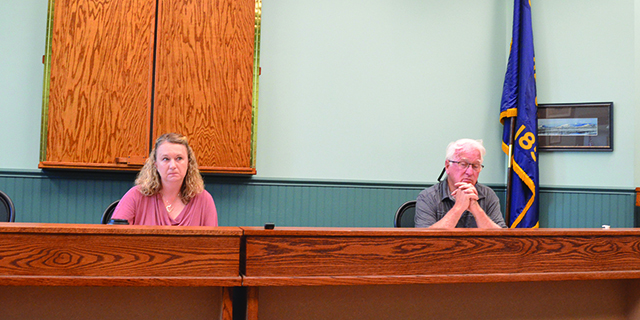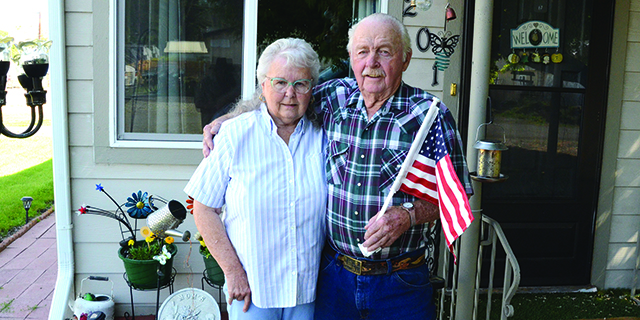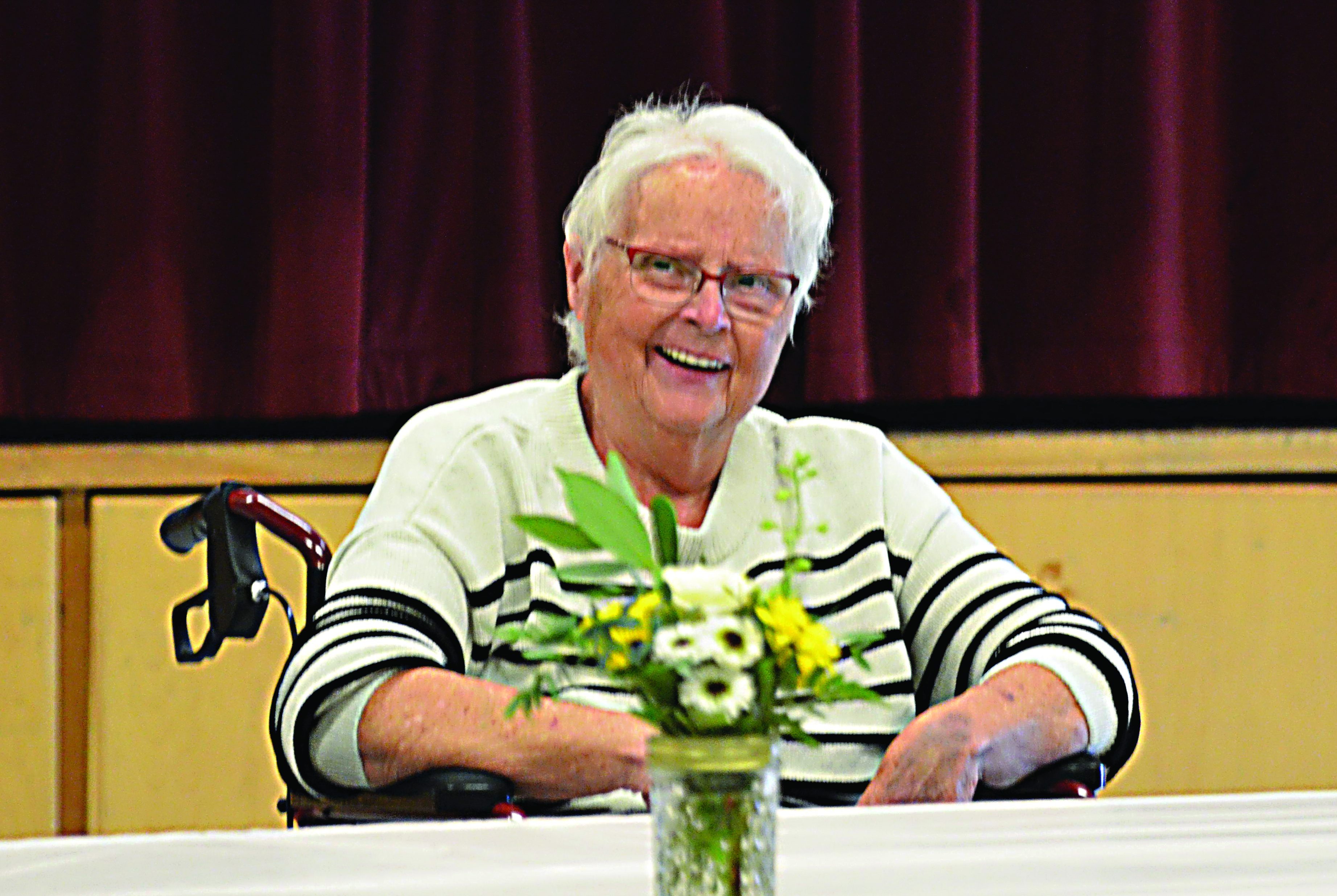Business groups challenge Oregon’s Climate Protection Program
Published 5:00 pm Friday, March 25, 2022

- {photoSource}Capital Press{/photoSource}
SALEM — The Oregon Farm Bureau is a member of a coalition of 12 businesses and trade groups challenging the state’s Climate Protection Program in court.
The coalition filed a petition for legal review March 18. The Climate Protection Program rules were approved by the Oregon Environmental Quality Commission in December to reduce greenhouse gas emissions from transportation fuels and natural gas.
Fuel suppliers must curb emissions from the products they sell 50% by 2035, and 90% by 2050. The program sets an annual limit on emissions from fossil fuels — such as gasoline, diesel, propane and natural gas — that gradually lowers over time.
According to the petition, the rules were designed to limit the availability of covered fuels, making them too expensive or prohibiting them outright in certain cases.
However, because business and consumer use of these fuels is central to Oregon’s economy, “the CPP rules will have a profound and unprecedented impact on everyday life in Oregon,” coalition members argued.
In a written statement, Mary Anne Cooper, vice president of government affairs for the Oregon Farm Bureau, said the state Department of Environmental Quality acted outside its authority in enacting the Climate Protection Program.
Specifically, Oregon’s air quality statutes include a section that addresses greenhouse gas reduction goals. While the Legislature has declared it state policy to reduce emissions, it “does not create any additional regulatory authority for an agency of the executive department.”
“Oregonians should not stand for a state agency creating policies that it does not have the authority to write, and it sets a dangerous precedent for the future,” Cooper said. “We cannot sit by and allow the governor and unelected bureaucrats to circumvent the legislative process to exert their will.”
Democrats in the Oregon Legislature had previously tried to pass similar cap-and-trade legislation in 2019 and 2020, though both times they were stymied by Senate Republicans who staged walk-outs to deny a vote on the bills.
Instead, Gov. Kate Brown signed Executive Order 20-04 requiring state agencies to come up with plans for lowering emissions to mitigate the worst effects of climate change.
DEQ crafted the Climate Protection Program one year and nine months after Brown announced her executive order. The controversial proposal garnered more than 7,600 public comments before passing the EQC by a 3-1 vote.
Farmers and ranchers are “price-takers,” Cooper said, meaning they cannot pass higher production costs — such as increased fuel prices — along to consumers.
“The rules … would impose significant new fuel costs on all Oregonians, which we know Oregon’s family farms and ranches cannot afford to pay,” she said. “It also would invest money raised under the program in hand-picked offset projects largely in urban areas.”
Other agricultural members of the coalition include the Oregon Association of Nurseries and Otley Land and Cattle LLC, a 414-acre hay and cattle ranch in Harney County.
Nursery crops represent Oregon’s top agricultural sector by value of sales, with products totaling nearly $1.2 billion in 2020.
As part of the petition against the Climate Protection Program, OAN states its members rely on affordable, accessible and reliable natural gas for their greenhouses, as well as diesel, gasoline and other transportation fuels to distribute products to customers.
Similarly, Otley Land and Cattle says it depends on a host of equipment powered by gasoline and diesel to farm crops and raise livestock.
“The CPP Rules will raise fuel prices and limit fuel supplies, making it harder for Otley Land and Cattle to continue the family’s business,” the petition states.
A coalition of businesses and trade groups are challenging Oregon’s Climate Protection Program rules. The program, adopted by the state Environmental Quality Commission in December, seeks to reduce greenhouse gas emissions from transportation fuels and natural gas.
Members of the coalition include:
• Oregon Farm Bureau.
• Oregon Business & Industry Association.
• Oregon Manufacturers and Commerce.
• Alliance of Western Energy Consumers.
• Associated Oregon Loggers Inc.
• Northwest Pulp and Paper Association.
• Oregon Association of Nurseries.
• Oregon Forest and Industries Council.
• Oregon Trucking Associations Inc.
• Western Wood Preservers Institute.
• Otley Land and Cattle LLC.
• Space Age Fuel Inc.





